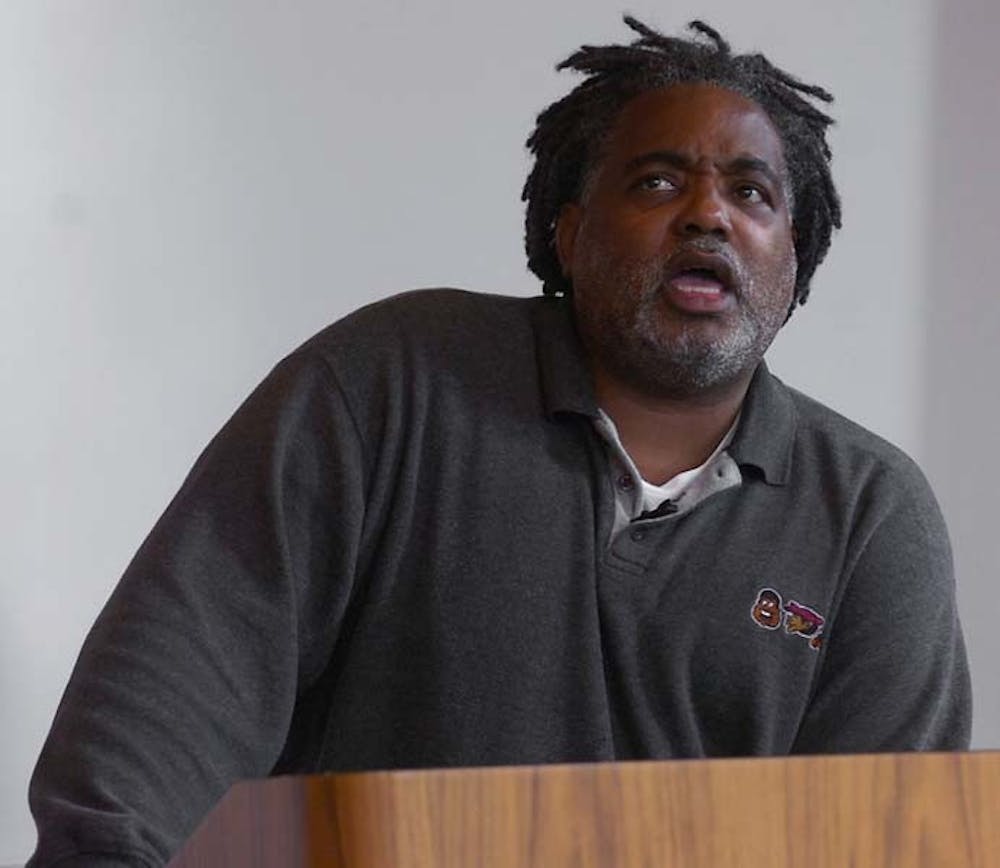Imagine spending 17 and a half years on death row - and being innocent.
For Harold Wilson, this nightmare was a reality when he was wrongfully convicted of murder as a 23 year old in 1988.
All eyes were focused on Wilson as he talked about his experience on Pennsylvania's death row Monday afternoon in Silverman Hall.
Wilson, now 40, was convicted on three counts of first-degree murder. Prosecutors used three pieces of evidence to convict him - a jacket, pants and sneakers containing traces of the victim's blood.
The jacket and pants did not actually fit Wilson, and the "blood" supposedly spilled on his sneakers was in fact hot chocolate.
But due to the lack of DNA testing at the time of his trial, these pieces of evidence were enough to send him to death row.
On Nov. 15, 2005, more than 16 years after a Pennsylvania jury returned three death sentences against him, Harold Wilson became the nation's 122nd person freed from death row due to advancements in DNA evidence.
He is also "one of six people exonerated in the state of Pennsylvania, twice the number of people that have actually been executed in the state," said Jamie Graham, a representative of Pennsylvanians for Alternatives to the Death Penalty.
Wilson's life after being released from prison continues to be a struggle; he was released with no help or benefits of any kind from the state.
"The district attorney has never apologized to me, my family, my children or anyone else who has suffered under Pennsylvania's capital punishment" laws, Wilson said.
His imprisonment hasn't even been completely expunged from his record yet, barring many options for housing or employment. He said he has no medical coverage and had to reapply for his birth certificate and Social Security card upon his release.
Today, with the support of his family, Wilson travels across the country as part of the "Witness to Innocence" initiative, which addresses what they see as the problem of a fatally flawed criminal justice system that sends innocent people to jail.
"I have a long, hard road ahead of me to rebuild my life after what I suffered through," Wilson said.
Wilson asked his audience to take a good look at the criminal justice system and at how laws seem to only apply to some people. "Take a look at who controls who lives and who dies in Pennsylvania."
Deuel Ross, a first-year Law student, said that "it's helpful to have a face put on the death penalty - someone who's been through all the trials and processes and can describe it for us."



